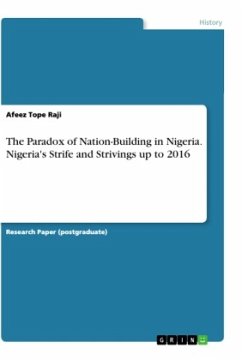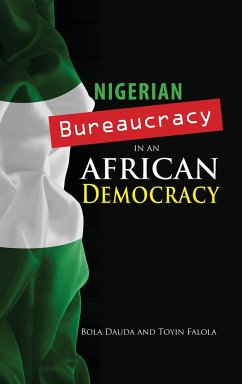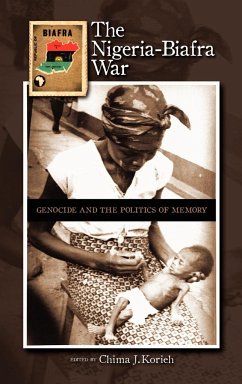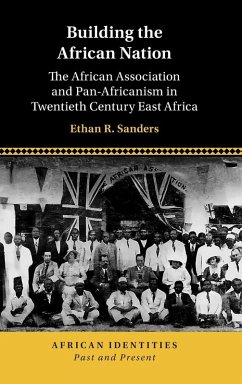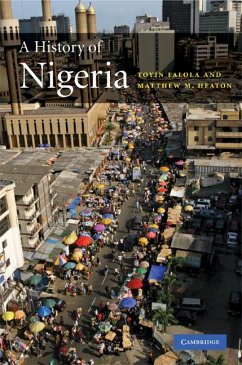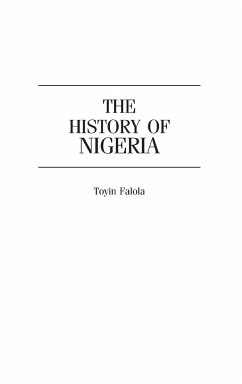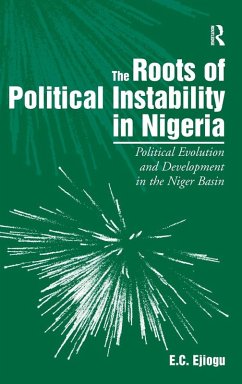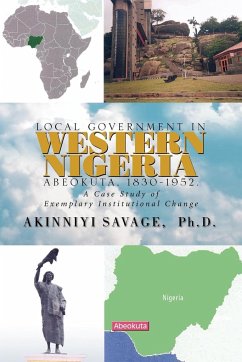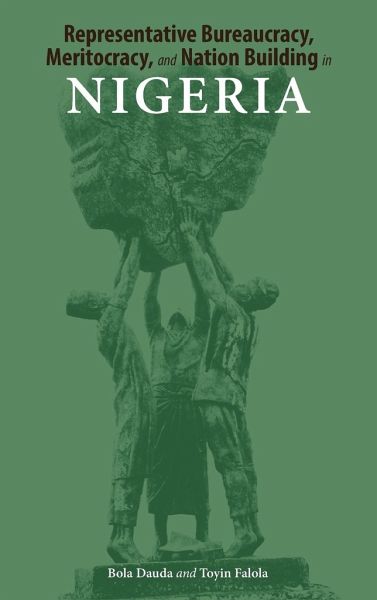
Representative Bureaucracy, Meritocracy, and Nation Building in Nigeria
Versandkostenfrei!
Versandfertig in 1-2 Wochen
101,99 €
inkl. MwSt.

PAYBACK Punkte
51 °P sammeln!
This book is a comprehensive theoretical and empirical investigation of the practical application of representative bureaucracy in Nigeria. Part I consists of four chapters, beginning with a theoretical and an historical overview of representative bureaucracy and policy making in Nigeria. This includes a discussion of the myths, contradictions, and the resultant dilemmas of administration. It highlights the complexities and intricacies of public policy-making, and examines the concept of representative bureaucracy including its meaning, forms, criticisms, prospects, limitations, and history. I...
This book is a comprehensive theoretical and empirical investigation of the practical application of representative bureaucracy in Nigeria. Part I consists of four chapters, beginning with a theoretical and an historical overview of representative bureaucracy and policy making in Nigeria. This includes a discussion of the myths, contradictions, and the resultant dilemmas of administration. It highlights the complexities and intricacies of public policy-making, and examines the concept of representative bureaucracy including its meaning, forms, criticisms, prospects, limitations, and history. It also examines the need for administrative reforms, what reforms have taken place, and the country's search for appropriate bureaucracy for nation building. Part II details the objective and empirical facts regarding the representativeness of bureaucracy in Nigeria and its implications. Unlike past approaches, this book provides solid evidence of what difference representative bureaucracy actually makes on the ground. Using a novel and rigorous methodological approach, the actual impact of the civil service on policy-making is assessed and insights are provided into how a more representative bureaucracy affects policy. The approach is enhanced by the authors' advantage as Nigerian scholars who had both worked in the Nigerian political system as civil servant and university professors. This landmark study will be of value to scholars and students of Nigerian and African political, economic, and social development .



